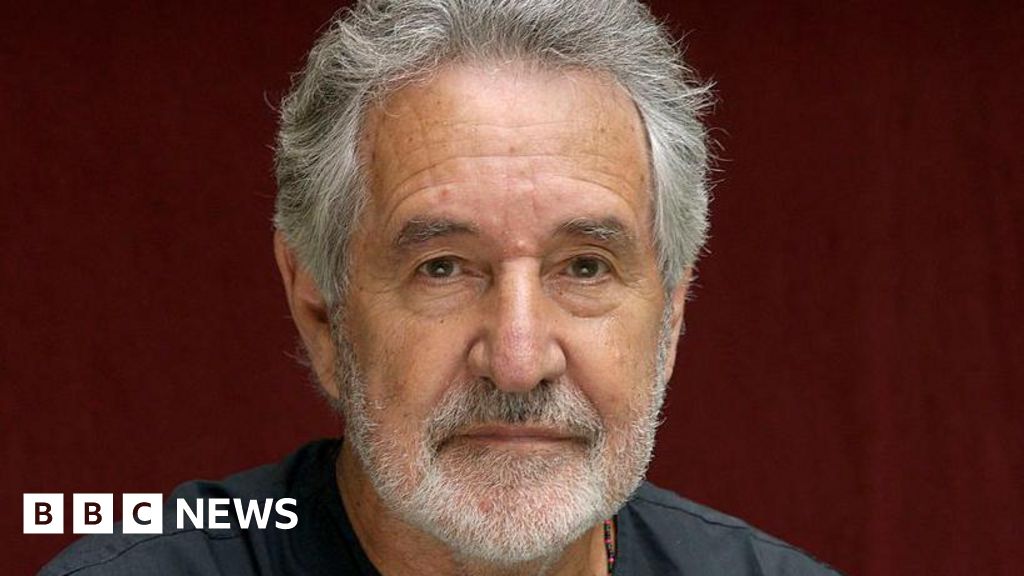
The price of garri, a common cassava derivative and most widely traded cassava product has risen sharply in the last six months, practically going beyond the reach of the common man.
Based on market survey, it was gathered that the price of the produce has increased by over 233.33 per cent, compared to what was obtainable last December.
For instance, a 4-litre paint container measure of the produce increased from N1, 200 in December 2023 to the current price of N4, 000 in Lagos. The price was slight different in Ogun State, as the same paint container price rose to between N3,500 to N3,600 from N1,100 sold in December 2023. Similar cases were reported in other states as the development cut across every part of the country.
The price hike is not limited to only garri, it has also negatively impacted the prices of other by-products of cassava like cassava flour, fufu and starch, among others, which have become very scarce and expensive.
The problem has been linked to scarcity of cassava, which has now become a goldmine, as its price increases on daily basis, despite the country’s position in the comity of cassava producing countries.
Nigeria is the largest cassava producer globally, accounting for about one-fifth (21 per cent) of total production worldwide. The demand for the produce and its constituents is high in the domestic economy. However, the supply has been unable to meet the huge demand over the years.
While most Nigerians – consumers, industrialists and other stakeholders in the agric sector are wondering why the crop planted by a larger percentage of farmers is gradually becoming invisible, The Guardian investigations showed that the scarcity may linger than expected, as the volume of farmers engaging in cultivation of the plant has changed to short term crops to secure more regular incomes to cope with the current economic reality.
In one of its reports, PwC estimates that Nigeria would need about 28.3 million metric tonnes of fresh cassava root planted yearly on about 1.2 million hectares of land to meet the country’s demand for some of the cassava by-products and derivatives like ethanol, cassava-based constituents in sugar syrup, high-quality cassava flour, cassava-based adhesives such as cassava starch, caustic soda, formaldehyde, hydrochloric acid and sodium silicate.
It was learnt that based on the country’s vantage position as a leading cassava producer, Nigeria has the economic potential to generate revenues of $427.3m from domestic value-addition and derive income of $2.98b in agricultural exports of cassava. Furthermore, the local value-addition to cassava via local manufacturing and processing could potentially unlock about $16m in taxes to the government.
It was discovered that the price of a tonne of cassava sold between N30, 000 and N80, 000 last year has increased to between N150, 000 to N170, 000, depending on the market and area.
The tuber crop, which is readily available in some part of Ogun State, Osun, Ekiti, Oyo and others has become very scarce, to the extent that the few farmers who cultivate them now sell at higher rates.
The farmers who spoke with The Guardian on the development, expressed fears that Cassava might go the way of Maize and Soybeans, which are majorly imported to meet domestic demand, based on the fact that that farmers from Southwest, South South, South East and middle belt who are predominant cassava planting areas are leaving cultivation of the produce for other crops.
A farmer, who is the founder of Menitos Farm Depot, Lagos, Toluwalope Daramola said insecurity has forced many farmers to avoid long term planting.
“While cassava continues to be planted because market is almost guaranteed, the volume is being reduced for short term crops to secure more regular incomes for the farmers. Because the industries pay better than consumers and a number of them offtake, the farmers prefer to sell to the industries.
“The lacuna would be more visible for consumers (homes) as it is impacting stables like fufu and garri. We can’t also forget that cassava is now a major ingredient for feed Miller’s too, so demand is actually on the rise but planting is not correlating.
“It is easier to sell to feed mill or biofuel manufacturers because a farmer doesn’t need to worry about logistics, processing and preservation. All these are up to reduce what’s available for foods like fufu, cassava flour and garri.
Another farmer, Mr Abass Adeyanju, who also identifies insecurity as a major problem, said insecurity has led to destruction of farm crops by herders. He added that the issue of land acquisition hurdles, labour shortage, climate change-induced uncertainties, bad roads hindering transportation, and high cost of fuel, added to the cassava scarcity.
Adeyanju said the dangers posed by insecurity, especially in rural areas where bulk of farm produce come to the market is very devastating. He added that the recent attacks by the herders have had a drastic effect on food security, as the menace has resulted in reduction in crop yield, as farm owners are relocating or abandoning their farms for the fear of being killed.
The Baale of farmers in Imeko land, Ogun State, Chief Abdulazeez Ismail Adedayo told The Guardian that climate change issue, especially paucity of rainfall, is a major contributory factor to scarcity of cassava after insecurity.
“We have started experiencing a similar situation this year again. Currently, the cassava and maize planted during this current planting season have been destroyed. The only solution to this is to embrace irrigation farming. Even the activities of the herders contributed to this problem. Cassava price will continue to rise as demand rises. Those selling garri, fufu and cassava flour can hardly get cassava from the farms,” he said.

 5 months ago
11
5 months ago
11















 English (US) ·
English (US) ·